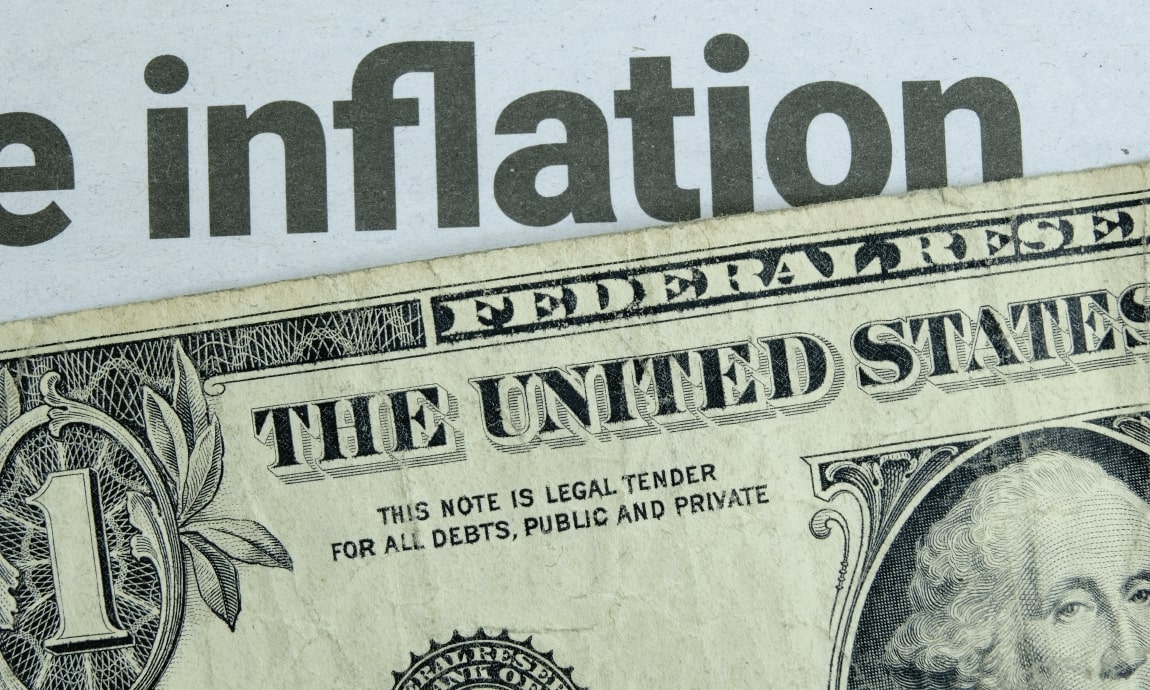Markets edge lower ahead of key inflation data and debt ceiling deal
Vrasidas Neofytou
Head of Investment Research

Global markets edged lower during Wednesday’s morning session as investors are looking for April’s U.S. CPI-consumer price index due out later the day coupled with mounting worries over the U.S. debt ceiling.
All three major indices ended Tuesday’s trading session in the red, with the S&P 500 pulling back by 0.46%, the Nasdaq Composite dropping 0.63%, while the Dow Jones saw a smaller decline of 0.17%.
A similar picture is seen in Asia, where Hong Kong’s Hang Seng index extended its Tuesday losses by 0.45%, Japan’s Nikkei 225 fell by 0.41%, while German DAX and French CAC dropped by 0.20%.
The risk-off mood is also impacting growth-sensitive assets, with Brent and WTI crude oil contracts falling over 1% to $76.50/b and $72.50/b respectively, while Copper dropped 1,2% to $3.84/lb.
All eyes will be on the latest US inflation report which should offer more insights on the path of the Federal Reserve’s monetary policy and interest rate hikes, and whether Fed’s rate hikes are working to ease record-high inflation.
Analysts polled by Dow Jones expect inflation to have increased 0.4% month-over-month in April, and 5% year-over-year, which is well above Fed’s 2% target. Core prices, which exclude volatile food and energy components, are expected to have climbed 0.4%.
U.S. Consumer Price Index (CPI) year-over-year
Adding to the inflation story, worries about the U.S. debt ceiling loom over global markets as investors are carefully watching the negotiations between President Joe Biden with top congressional leaders for any progress on the subject.
The US debt-ceiling deadlock remains a big concern for investors as in case of no agreement to lift the debt ceiling before the June 01 deadline, the federal government will set to run out of money which could increase the risk of default.
Lifting the debt ceiling is necessary for the government to cover spending commitments already approved by Congress and the president and prevent default on its debt.
Defaulting on sovereign debt would wreak havoc on the economy and roil markets around the world. A Moody’s report last year said a default on Treasury bonds could throw the U.S. economy into a tailspin as bad as the Great Recession, with U.S. GDP dropping 4% and 6 million workers would lose their jobs.
Important Information: This communication is marketing material. The views and opinions contained herein are those of the author(s) on this page, and may not necessarily represent views expressed or reflected in other Exclusive Capital communications, strategies or funds. This material is intended to be for information purposes only and is not intended as promotional material in any respect. The material is not intended as an offer or solicitation for the purchase or sale of any financial instrument.

